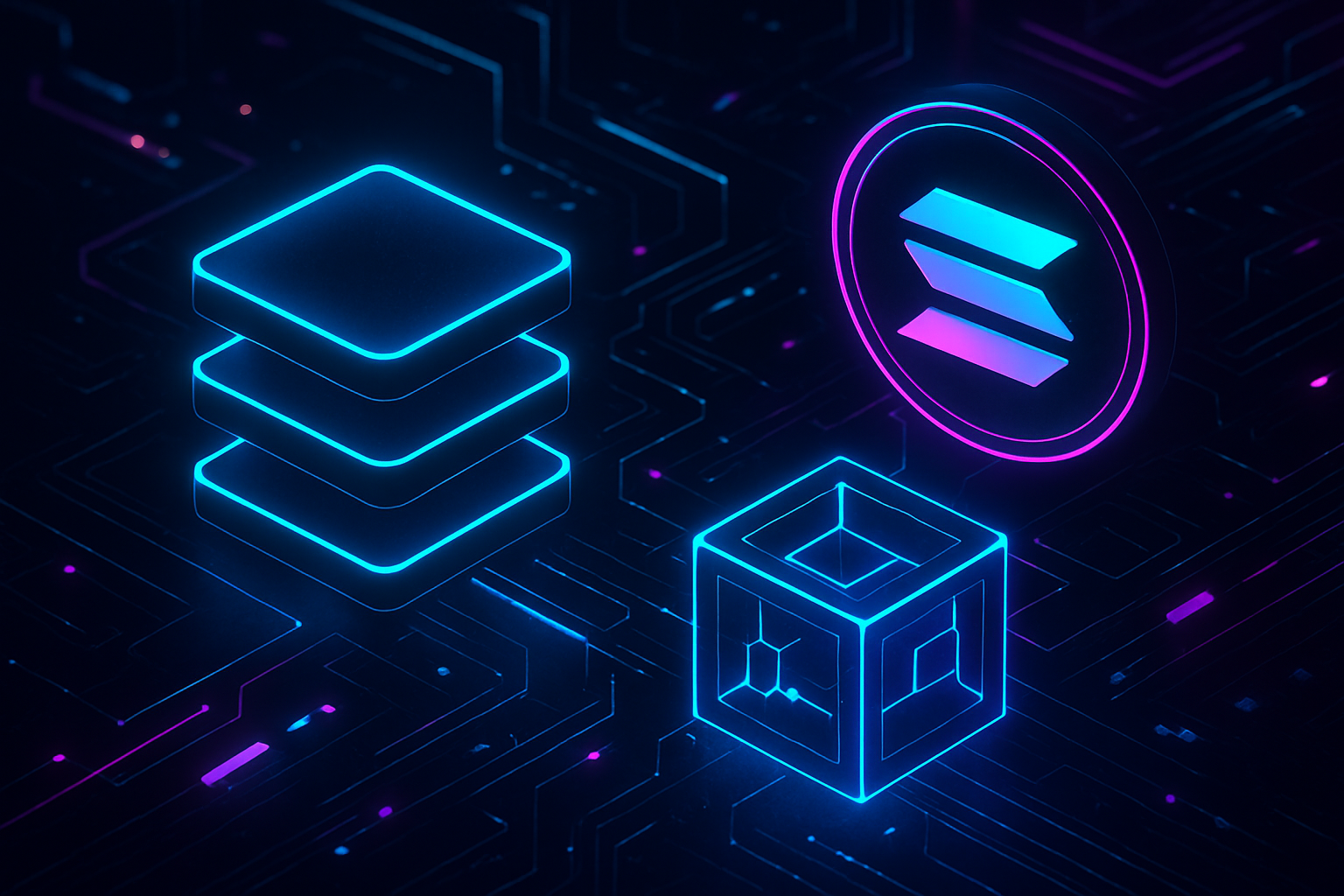
Solana has long been recognized for its high throughput and low fees, but the latest innovation shaking up the ecosystem is ephemeral rollups. Powered by MagicBlock, these Solana-native execution layers are introducing a new paradigm for real-time decentralized applications (dApps) in DeFi and gaming. With ephemeral rollups, developers can achieve sub-50 millisecond latency and near-zero transaction costs, unlocking use cases that were previously out of reach for even the fastest blockchains.

How Ephemeral Rollups Work: Instant Execution, Zero Overhead
Traditional blockchains, even Solana with its 400-millisecond block time, struggle to provide the instant feedback loops required by competitive games or high-frequency DeFi protocols. MagicBlock’s ephemeral rollups solve this bottleneck by spinning up temporary, high-speed execution environments on demand. These environments process transactions in bursts as short as 10 milliseconds, then seamlessly commit finalized state changes back to Solana’s mainnet.
The result is ultra-low latency and horizontal scalability: millions of transactions per second become feasible without fragmenting liquidity or composability. Since ephemeral rollups are natively integrated with Solana, there’s no need for bridges or new tokens, everything stays within the existing ecosystem.
The Impact on DeFi: Real-Time Price Discovery and Settlement
The implications for DeFi are profound. With ephemeral rollups, developers can build protocols that offer live price discovery and automated trade execution at speeds rivaling centralized exchanges, all while maintaining full transparency and security. Gone are the days of relying on off-chain oracles for settlement; instead, every price tick and trade can be processed directly on-chain in real time.
This opens the door to a new generation of real-time DeFi on Solana, where market makers, arbitrageurs, and traders interact with protocols that settle instantly without paying prohibitive gas fees. The current price of Binance-Peg SOL (SOL) stands at $199.01, reflecting ongoing demand for scalable infrastructure as more capital flows into these novel dApp architectures.
Pushing Blockchain Gaming Past Traditional Limits
For gaming projects, latency isn’t just a technical metric, it’s make-or-break for user experience. Hyper-competitive games require response times below 30 milliseconds; most remain playable under 60 milliseconds. Ephemeral rollups bring these numbers into reach globally, letting developers create fully on-chain games where every move is validated in real time without lag or interruptions.
This shift is already transforming the Solana gaming landscape. Titles built using MagicBlock’s Bolt framework, a developer-friendly entity-component system layered atop Anchor, can tap into blockchain logic while abstracting away complexity. Game studios no longer need to choose between decentralization and playability; ephemeral rollups deliver both.
If you want to explore more about how ephemeral rollups are powering this new wave of ultra-fast dApps, check out this detailed guide at superchainthesis.com.
Beyond speed, ephemeral rollups are reshaping the economics of Solana dApp development. By enabling gasless or near-zero fee transactions, they make microtransactions viable at scale, fueling new business models for both DeFi and gaming. Imagine in-game economies where every action, no matter how small, is recorded on-chain without penalizing users or developers with high fees. This is a game-changer for NFT marketplaces, play-to-earn ecosystems, and prediction markets, all of which depend on high-frequency, low-value transactions.
Key Benefits of Ephemeral Rollups for Solana dApps
-
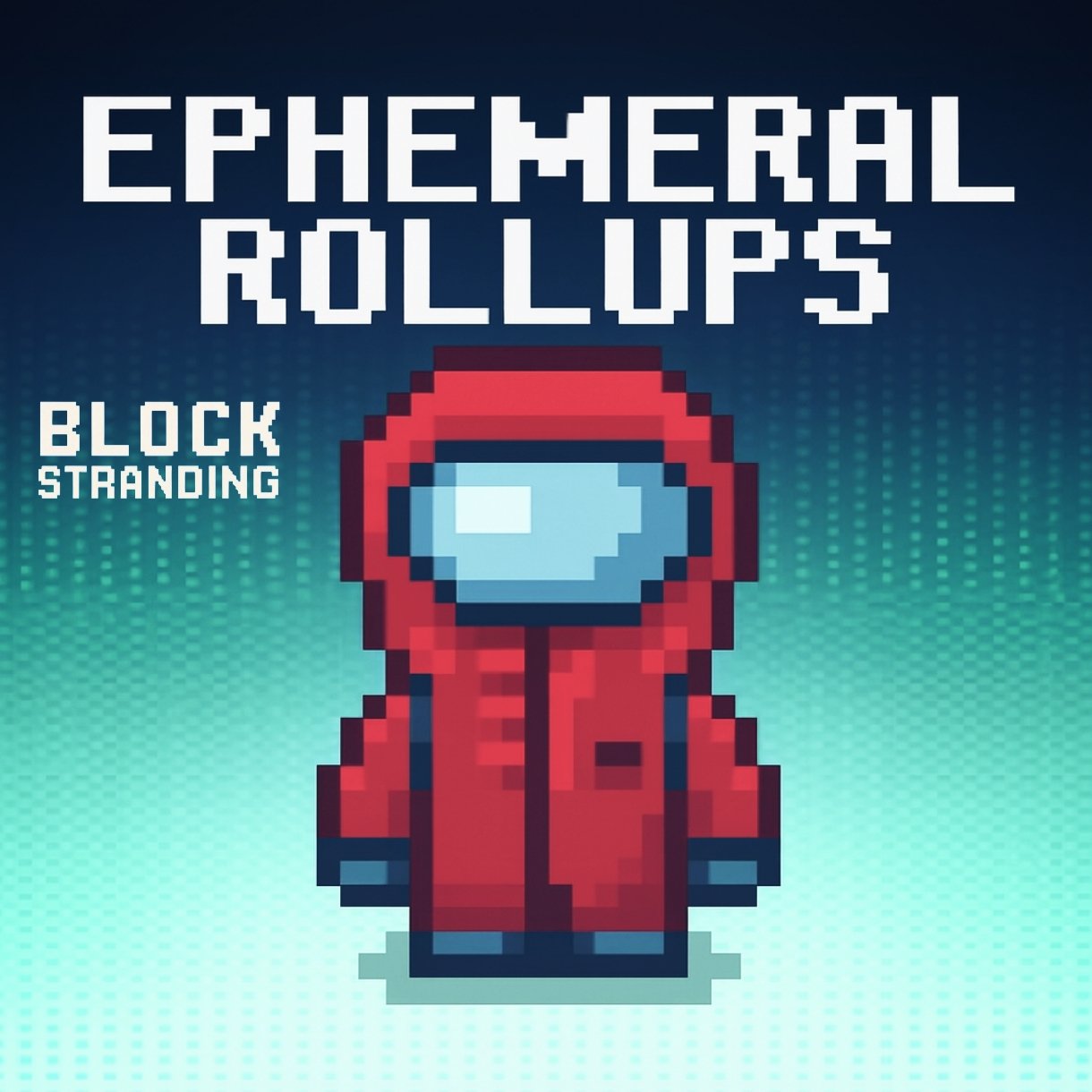
Ultra-Low Latency Execution: Ephemeral Rollups enable state transitions in as little as 10–50 milliseconds, delivering real-time responsiveness essential for gaming and DeFi applications.
-

Gasless Transactions: By leveraging MagicBlock’s ephemeral execution, dApps can offer near-zero transaction fees, making microtransactions and mass adoption more practical.
-
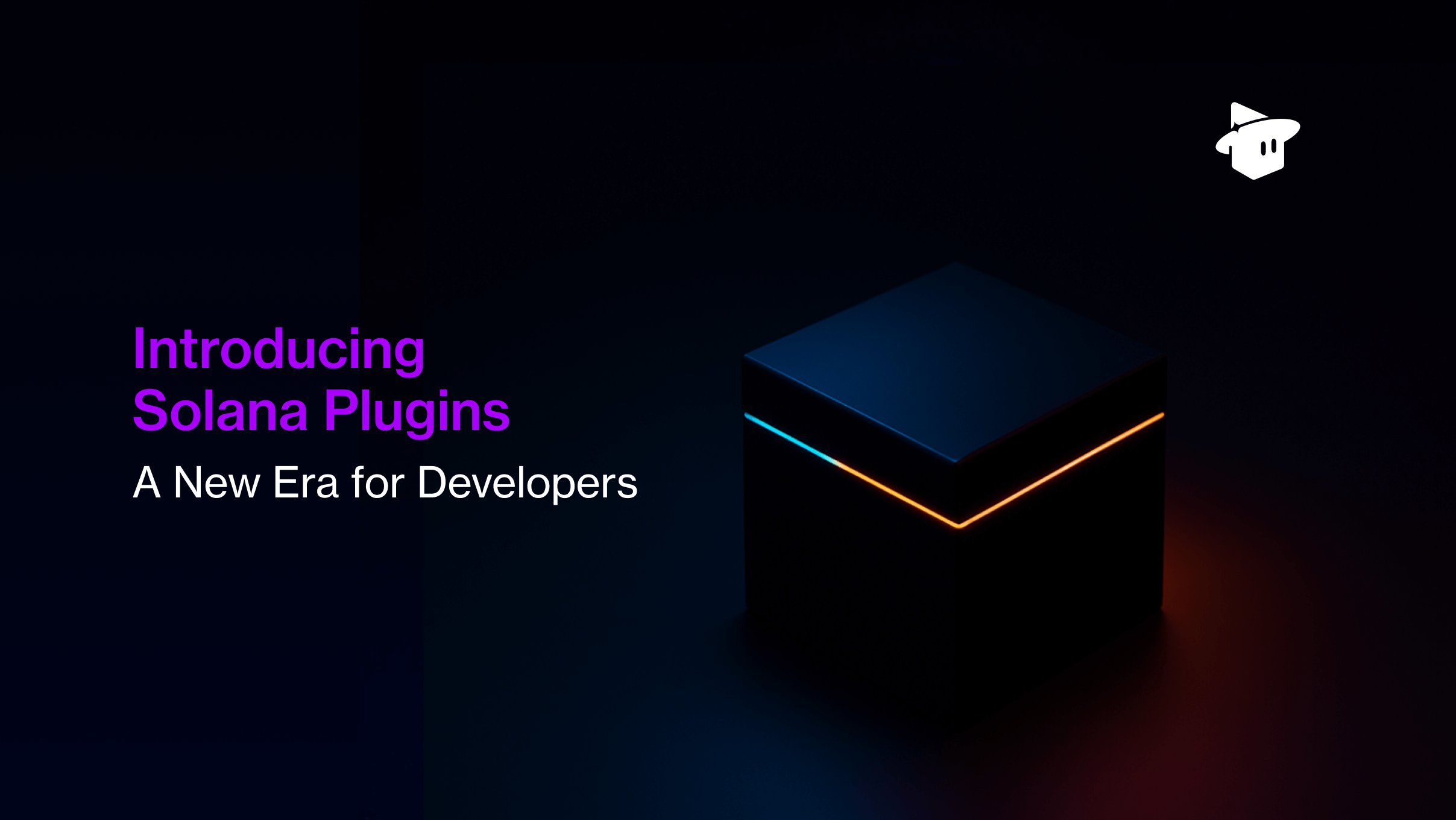
Massive Horizontal Scalability: On-demand rollups support millions of transactions per second, ensuring consistent performance even under heavy network load.
-
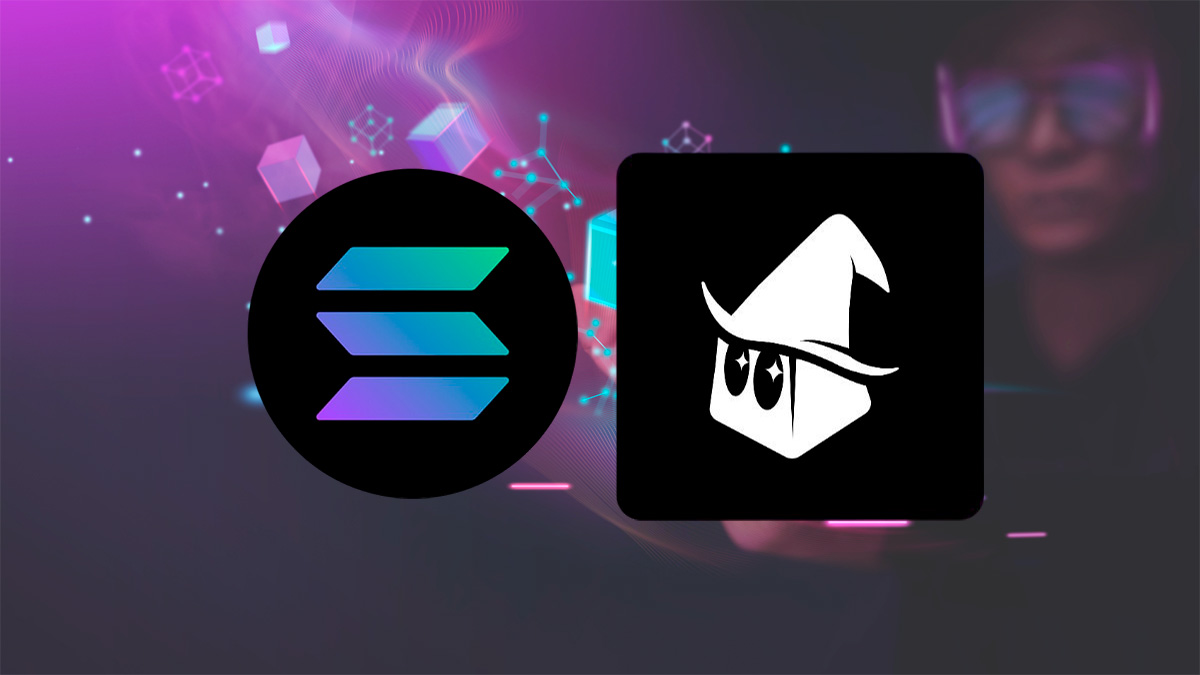
Seamless Solana Integration: Ephemeral Rollups maintain full access to Solana’s liquidity and composability without bridges or new tokens, preserving ecosystem integrity.
-
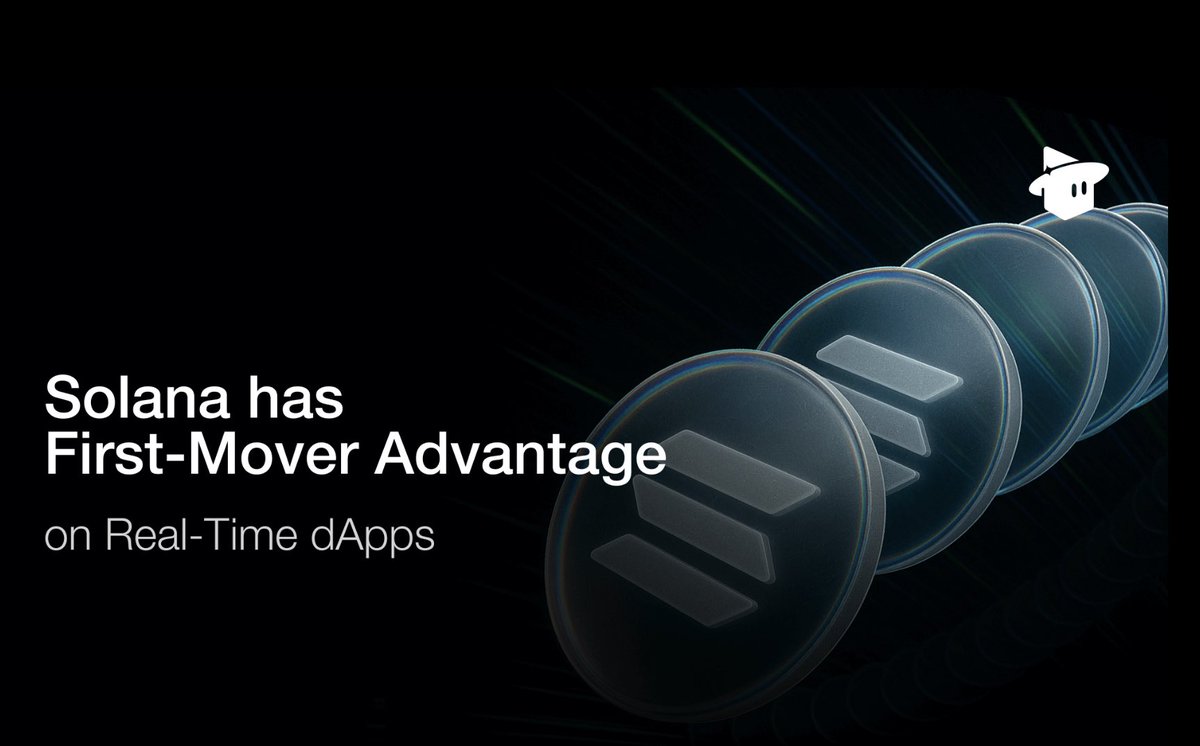
Real-Time DeFi Capabilities: Enables instant settlement, live price discovery, and automated trade execution for DeFi protocols, all on-chain and without off-chain oracles.
-
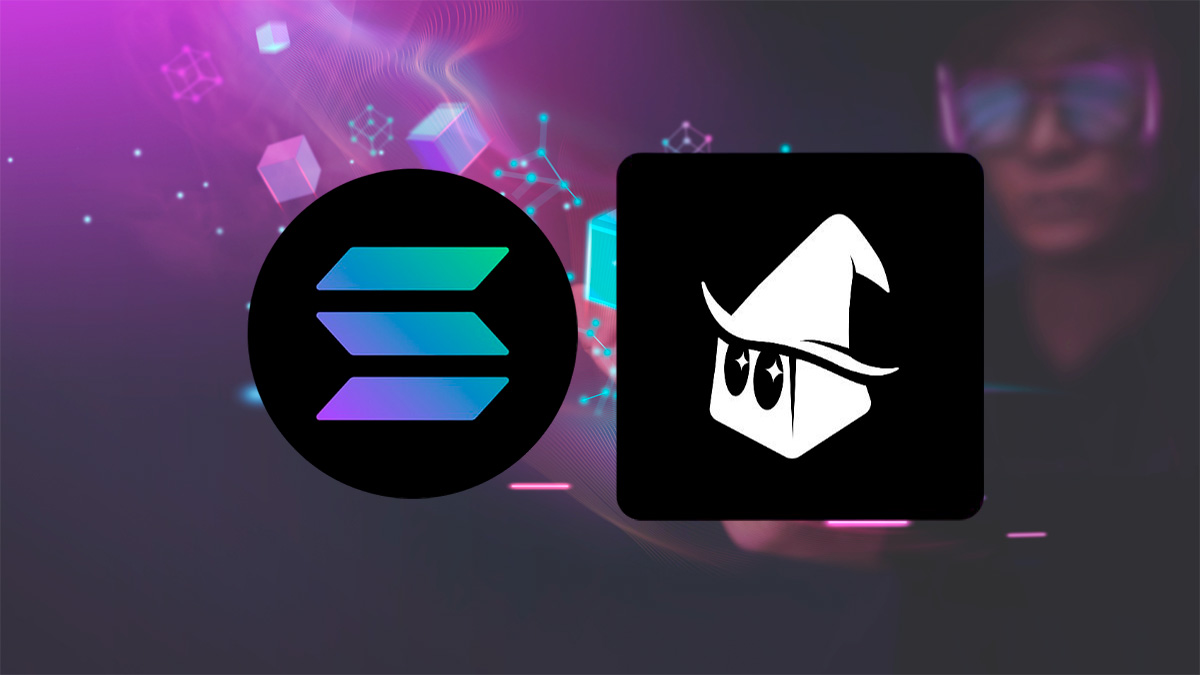
On-Chain Competitive Gaming: Reduces latency to below 50 milliseconds globally, allowing for responsive, on-chain multiplayer and competitive gaming experiences.
-
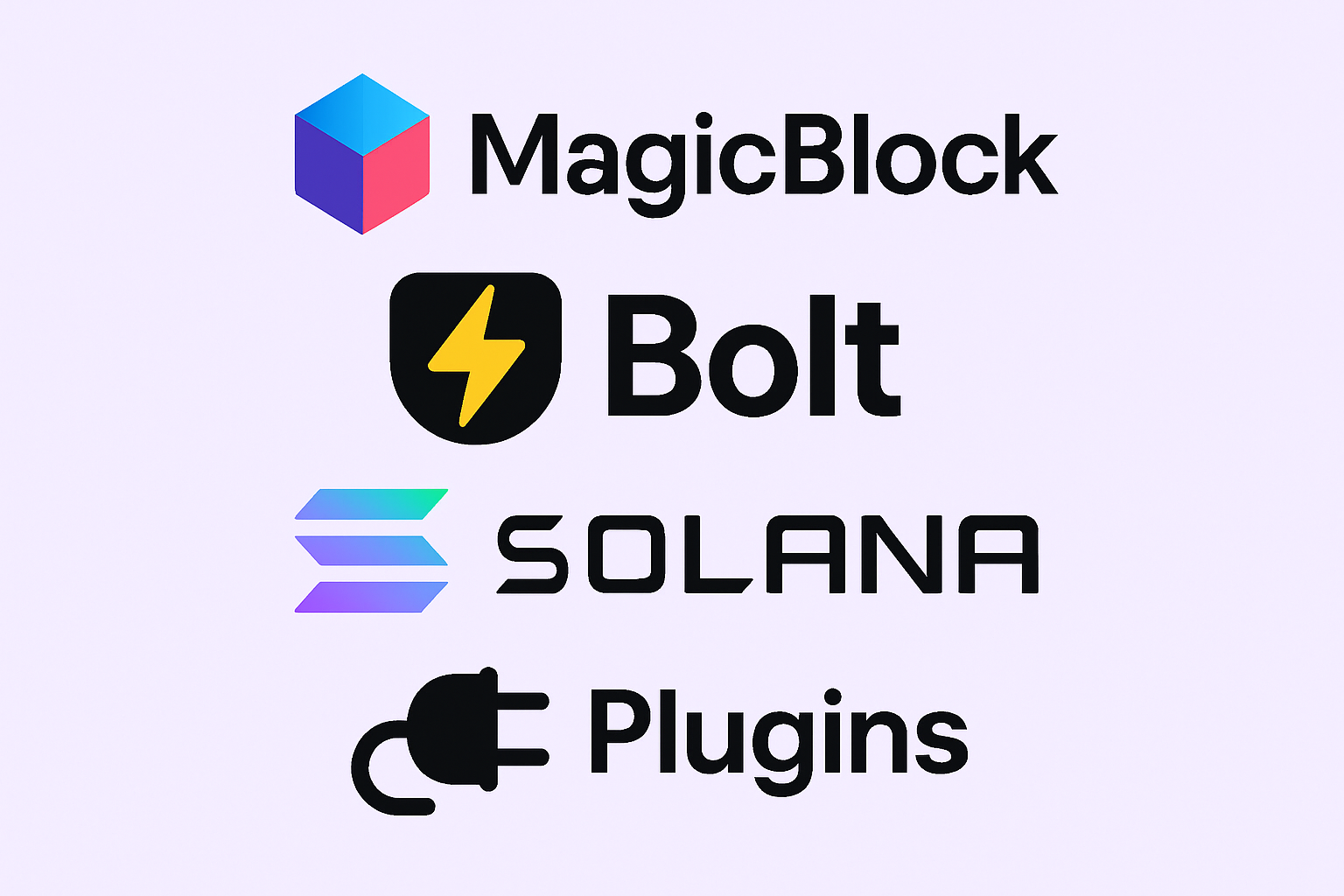
Developer-Friendly Infrastructure: MagicBlock’s Bolt framework and Solana Plugins simplify blockchain game and dApp development, offering modular enhancements without leaving the Solana network.
Developers are already leveraging MagicBlock’s Solana Plugins to extend dApp functionality without the friction of Layer 2 fragmentation. These plugins can be tailored to specific app requirements, whether optimizing order matching engines for DeFi or synchronizing state across multiplayer games, while maintaining seamless access to Solana’s liquidity pools and composability. The result is a modular approach to scalability that doesn’t compromise on user experience or ecosystem integration.
Specialized Fee Markets: Isolation Without Fragmentation
One persistent challenge in blockchain scaling has been the so-called “noisy neighbor” problem, where high activity in one application inflates fees across the entire network. Solana’s localized fee markets already mitigate this issue by isolating congestion to specific accounts or programs. Ephemeral rollups take this a step further by creating app-specific execution layers, ensuring that surges in demand from one game or DeFi protocol don’t impact others sharing the same chain.
This architecture empowers developers to design custom fee structures that fit their unique economic models, think dynamic pricing for NFT mints during peak hours or capped fees for tournament events in esports titles, all while preserving composability with the broader Solana ecosystem.
The Road Ahead: What’s Next for Solana App-Chain Development?
With Binance-Peg SOL (SOL) currently priced at $199.01, interest in scalable app-chain solutions has never been higher. As more teams adopt ephemeral rollups, expect a rapid proliferation of use cases, from decentralized options trading desks with millisecond settlement times to collaborative metaverse experiences where every interaction is validated instantly on-chain.
The technical leap enabled by ephemeral rollups isn’t just about raw throughput; it’s about unlocking design space previously reserved for Web2 platforms but now available natively within Web3. For developers seeking to push boundaries, resources like our deep dive on CustomAppChains. com and this analysis at Superchain Thesis offer hands-on guidance and architectural blueprints.
The bottom line? Ephemeral rollups are not just an incremental upgrade, they’re a structural shift toward real-time, scalable decentralized applications on Solana. As these tools mature and adoption accelerates, expect the lines between blockchain-native and mainstream user experiences to blur even further.






